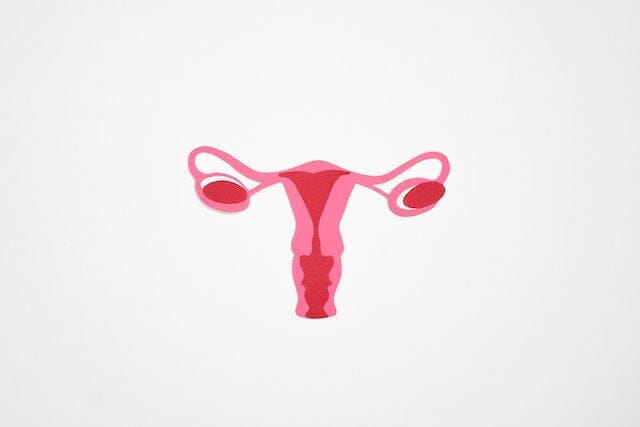
Understanding what size of Ovarian Cyst is Dangerous in Women
Time to read 3 min
Time to read 3 min
An ovarian cyst can be an alarming scenario for women, which is why getting tested early is the right way to proceed. While there are several factors that determine danger levels for women, most ovarian cysts of upwards of 10cms or 4 inches need to be removed on time.
Your doctors will be able to make the best judgement about the surgical methods, as they need to verify the size and constitution of the cyst. You should get a check-up done when you start experiencing the signs of a ovarian cyst.
In the medical sense, an ovarian cyst is a fluid sac which can sometimes form within or on your ovaries. While most of them are non-cancerous, some of them can pose a serious threat to your health, hormones, and fertility.
In some cases, ovarian cysts can form into corpus luteum cysts or polycystic ovaries conditions, which is why it is important to get the right ovarian cyst treatment. If you are experiencing the signs of an ovarian cyst then it's best to get tested immediately.
There are multiple types of ovarian cysts present, with some requiring ovarian cyst surgery and others being key markers for ovarian cancer or more serious conditions.
These cysts can contain various tissue types, such as skin, hair, teeth, and are generally benign.
The most common type of ovarian cyst, the functional cyst is formed as a part of the regular menstrual cycle.
PCOS is a common condition in women in which small cysts can develop, which can further lead to hormonal complications.
If you have the condition endometriosis, then you may have this type of cyst developing.
In cystadenomas, cysts may develop on the surface area of the ovaries and can be cancerous in some cases.
You should track the following signs to understand whether you may have an ovarian cyst. Not all ovarian cysts are dangerous, but doctors may perform surgery if there is a corpus luteum cyst present.
You may experience pain the pelvis caused due to the presence of the cyst.
You may experience issues with bowel movement emptying in some cases.
You may also have an issue with frequent urination, which can pose a serious problem over time.
If you are experiencing extreme abdominal pain, then getting a complete check-up done is critical.
A woman's menstrual cycles may be impacted when ovarian cysts form in the body. Depending on the ovarian cyst size, there may be further issues.
There may be issues with pregnancy present when there are ovarian cysts. Surgical removal may be the best option, especially if there are multiple fluid filled sacs.
You may have issues with fertility when it comes to having ovarian cysts.
Generally, your doctor will be able to check the size of the cyst to determine the right approach. Cysts that are within the 2.5 inches size may be regarded as normal sized in some cases.
There are several complications associated with an ovarian cyst, which is why getting them surgically removed is the right approach in many cases.
Rupturing is a critical risk factor when it comes to ovarian cysts, which is why getting a timely test done is important.
There may be infections and the building up of bacteria, which can ultimately lead to haemorrhaging. This can be dangerous for women.
This is a critical complication in which the ovarian cyst can actually twist causing immense pain and further issues.
* Medical Disclaimer - The following information is for educational purposes only. No information provided on this website, including text, graphic, and images, are intended as substitutes for professional medical advice. Please consult with your doctor about specific medical advice pertaining to your condition(s).